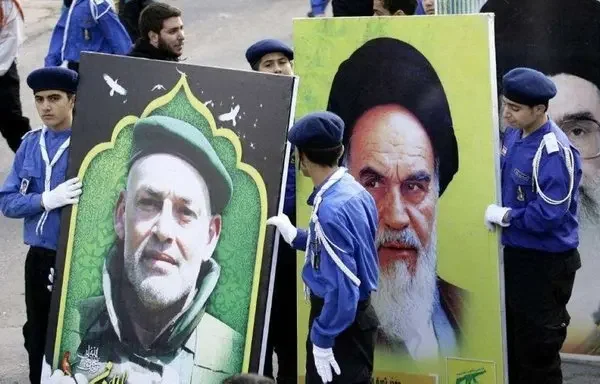Society
Hezbollah’s Al-Mahdi Scouts: brainwashing Lebanon’s youth to perpetuate extremism
Hezbollah is waging its most dangerous war in Lebanon’s classrooms, using the Al-Mahdi Scouts to turn children into the next generation of extremists.

by Al-Fassel |
Cultivating extremism from a young age
Hezbollah’s Al-Mahdi Scouts is one of the group’s most dangerous tools for shaping Lebanon’s next generation of militants.
The organization claims to be a community youth group.
In reality, it serves as a system of indoctrination that spreads Hezbollah’s extremist ideology among children.
The group targets boys and girls as young as six, teaching them blind loyalty and militant resistance.
By adulthood, many members view Hezbollah’s ideology as truth and violence as duty.
This manipulation ensures that loyalty to Hezbollah replaces loyalty to Lebanon’s future.
Weaponizing education for recruitment
The Al-Mahdi Scouts corrupt education by mixing religious lessons with extremist political indoctrination.
What appears as community service is actually a recruitment tool.
Scouts are taught songs praising Hezbollah’s fighters and attend rallies that glorify violence.
Ceremonies honor the group’s militants, reinforcing obedience to Hezbollah’s leadership.
Education becomes a weapon that turns learning into control.
Families who enroll children for moral development often see them drawn deeper into Hezbollah’s grip.
The program shapes impressionable minds to equate faith with militancy and service with obedience.
A future built on resistance, not progress
Hezbollah’s focus on “spiritual and cultural resistance” denies youth opportunities for real progress.
The group suppresses creativity, innovation and education that could lift Lebanon forward.
Instead, it trains a generation to embrace conflict and dependence.
This approach traps young people in poverty and fear.
Lebanon’s economy and institutions continue to crumble while Hezbollah seeks to preserve its influence through manipulation.
By promoting conflict over reform, Hezbollah robs Lebanon’s youth of hope and ambition.
A calculated strategy of control
The Al-Mahdi Scouts is not a normal youth organization.
It is a calculated mechanism for Hezbollah to secure control and spread extremism.
By twisting education into propaganda, Hezbollah ensures future generations remain under its command.
This campaign turns young minds into tools of conflict rather than builders of peace.
Hezbollah’s exploitation of children is a deliberate act to maintain power, suppress progress and poison Lebanon’s path toward stability and prosperity.
No threat